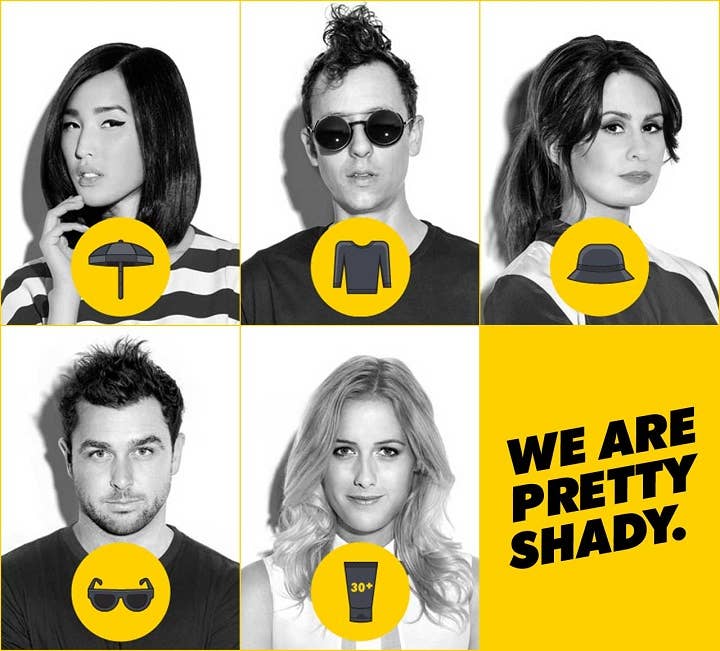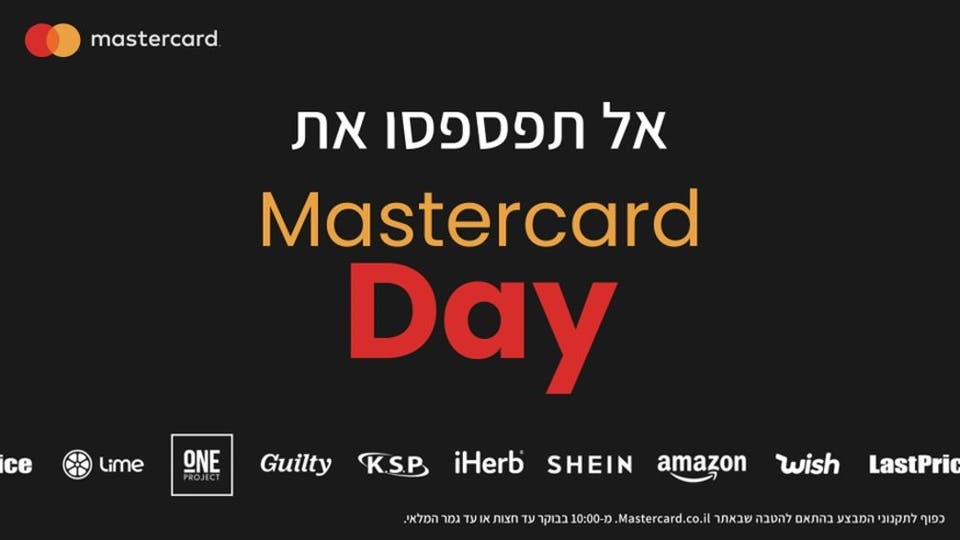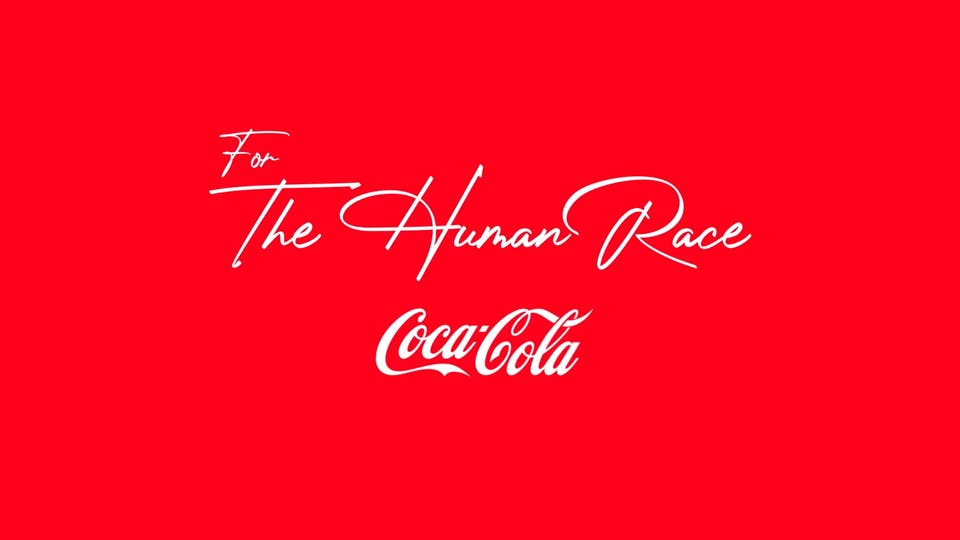

SDG3 target 3.4: By 2030, reduce by one third premature mortality from non-communicable diseases through prevention and treatment and promote mental health and well-being.
Where: Australia
The challenge:
Australians love their sunny climate and the outdoor leisure pursuits it allows. But Australia has the highest rate of skin cancer in the world with approximately two in three diagnosed by the time they are 70 with skin damage caused by overexposure to ultraviolet (UV) light.
There are more than 750,000 people treated for skin cancer in Australia each year and over the past three decades, more people have had skin cancer than all other cancers combined. The problem is that many, especially millennials, associate a good tan with being healthy and it is part of their personal identity. Shifting this perception and encouraging young Australians to protect themselves from the sun in an engaging way presented a huge challenge.
The execution :
Our solution was the development of Pretty Shady: a lifestyle brand that made good-looking products that had both youth appeal and protected people from the sun. We teamed up with Cancer Institute NSW for the awareness drive and we collaborated with influencers from the worlds of fashion, music, sport and art to design and develop an appealing range of products.
The range, which included clothing, hats, sunglasses and sunscreen, was designed and launched in collaboration with five influencers from the worlds of fashion, music, sport and art. The attractive products were given away for free at a specially created educational website.
Pretty Shady became embedded in pop culture thanks to a cross-media strategy that included launching with a street campaign featuring the influencers, social media activity, live events and a music video that became a summer hit.
The results:
Pretty Shady was designed as a three-year integrated strategy driven by creative collaboration. The aim was to change culture by becoming part of the culture, and we succeeded beyond our wildest dreams with our created brand.
Through Facebook alone we reached a third of Australians – 8 million people – with the sun protection message. And we prompted behaviour change as the following research shows.
Among those who experienced the campaign, 47% said they would increase their level of sun protection, while 80% of those who experienced the campaign and thought tans were fashionable stated they would use Pretty Shady products. Finally, campaign brand awareness steadily grew over the three-year period, with unprompted brand recall growing to 5%.
Check out more inspiring examples of our work on SDG3.


KIA Israel: Full-funnel digital approach
Tackling a shortage-shaken market with efficiency

Mastercard Israel:
Launch of Mastercard Day
Developing a new growth engine to counteract the effects of the global COVID-19 crisis and leveraging the Mastercard brand in Israel to new heights.

1st for Women: 16 Days of Light
Diversity and inclusion

Merdeka LHS: The Coca-Cola Company
For The Human Race
"For The Human Race" celebrates resilience and stubborn optimism by showcasing true stories of real people bringing hope to humanity during the COVID-19 crisis.
